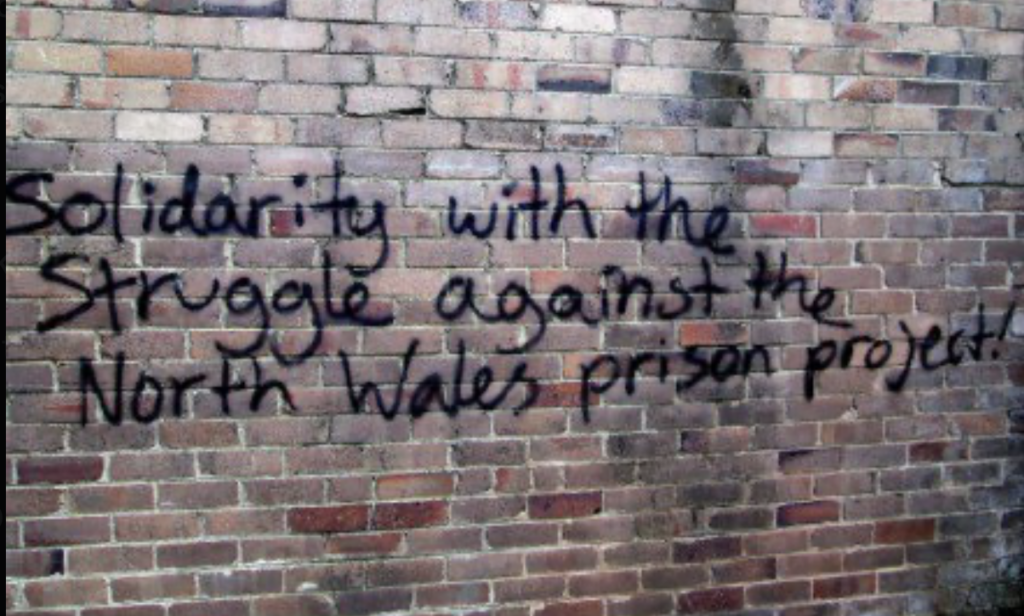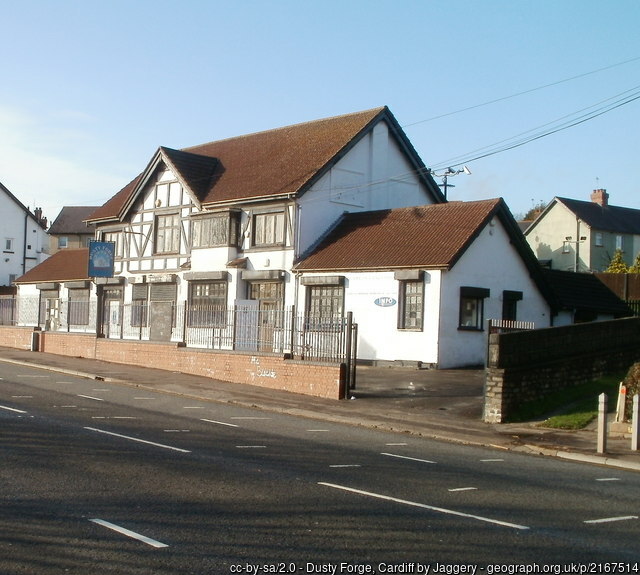Ben Cottam describes the challenges and opportunities ahead for Welsh towns.
As we ease closer to the local government elections in May, it’s time to take stock of the local places that make Wales unique.
In discussions with smaller businesses and members of the public, few issues elicit such passionate perspectives, both positive and negative, as the health of our towns. They are places to live and create community, places to relax, places to do business and places with which we often have deep and fundamental connections on many levels.
However, many towns across Wales face existential challenges. From changes to retail and shopping habits and the growth of online shopping to the outflow of younger people from towns to cities and increasing urbanisation and clustering, towns, as economic centres and by extension, centres of our communities, are seeing significant shifts which demand change and action. The impact of the Covid-19 pandemic has exacerbated and accelerated some of these challenges but has also provided a catalyst and in some areas, perhaps even outlined some opportunities for change.
Only 3% of respondents saw their town centres as ‘thriving’ with 67% going so far as to suggest their town centres were ‘bad’ or ‘bleak’.
In our recent report ‘A Vision for Welsh Towns’, FSB Wales sought to look at some of these challenges, understand the thoughts of both businesses and the public and suggest some actions and it’s been good to see MSs, MPs and many within local government engage so positively with this work in recent weeks.
The challenge was starkly revealed in our survey work and interviews with individuals across Wales. Only 3% of respondents saw their town centres as ‘thriving’ with 67% going so far as to suggest their town centres were ‘bad’ or ‘bleak’.
Respondents too were seemingly well-aware of the particular challenges faced by businesses within towns during the Covid-19 pandemic and 33% suggested that local businesses had been adequately supported through the pandemic. Indeed, the restrictions and regulations enacted to manage the pandemic, where they fell on businesses, fell significantly on those businesses most essential to our town centres such as retail, hospitality and tourism. Time and again, these businesses were placed under various restrictions to combat the virus which cumulatively had a corrosive economic effect and challenged the very viability of some of those businesses.
Accelerated by the Covid challenge, we now face the mammoth task of revitalising and reimagining our town centres. Welsh Government is looking at some of the structural challenges identified in reports from Audit Wales and Foundational Economy Research with input from a range of partners. Among these challenges is the repurposing of real estate in town centres vacated by large scale retail and recent developments, such as the utilisation of the former Debenhams building in Carmarthen. This presents a promising indication of the use of space for citizen services, health and leisure, for instance.
Robust debate and agenda-setting research.
Support Wales’ leading independent think tank.
However, while the conversation about repurposing space is essential, we must not overlook the need to bolster the businesses which are already at the heart of our towns and incentivise the movement of more business into those settings. We should be considering what they need to develop and how we increase the mix of businesses within town centres and above all, we must not accept their decline as inevitable. That mix of independent businesses is important to the distinctiveness of towns. Our assertion is that any approach to town centre development needs to have at its heart, creating the right environment for entrepreneurship, employment and wealth creation.
Indeed, when prompted to rank what they would like to see in their local town centres or high street, ‘thriving small and independent shops’ came out on top of responses to polling – above all other key areas like places to eat and drink, a vibrant night-time economy, options to work closer to home and the placement of essential services. It is clear then, that diversity reinforces the best of what people appreciate about their town centre or high street.
FSB’s report makes a wide range of recommendations to support and grow businesses within town centre settings from utilising digital platforms to monitor and boost footfall and empower smaller businesses to collaborate, to capturing the benefit of remote working for town centre businesses.
The report also highlights some more long-standing and familiar challenges which, by their very familiarity underscores the fact that they remain unaddressed. These include problems such as the burden and unfairness of the business rates system for town centre businesses as well as pressures posed by adequate parking. This latter issue highlights one of the big policy challenges – the move to taking cars out of towns only becomes viable with comprehensive, timely and affordable public transport alternatives – something significantly lacking in many communities throughout Wales.
Because the pressures on town centres aren’t represented by a single problem, there is no single remedy for reviving them. Furthermore, if we’re to reinforce the distinctiveness of our town centres, the efforts and partnerships to reinvigorate them also need to be distinctive and based on the needs and challenges of specific communities. We can’t trade one version of indistinct and ‘identikit’ high streets simply for another.
The importance of data to inform and empower those community conversations and engagement, as well as decision making, can’t be underestimated.
There is undoubtedly a challenge in this agenda for smaller businesses and, indeed, for FSB as an organisation representing such businesses. With Welsh and UK Governments rightly emphasising the need for locally-identified solutions, so too the business community needs to organise itself to collaborate better with partners and contribute to what will be a long-term mission.
We’ve seen where this is possible. Treorchy and Crickhowell are two towns which have won the award of UK’s Best High Street in the past four years. While two very different communities with very different backgrounds, both had two things in common – the distinctiveness offered by independent businesses and the willingness of those businesses to collaborate and take a wider stake in their communities.
The importance of data to inform and empower those community conversations and engagement, as well as decision making, can’t be underestimated. That’s where assets like IWA and Carnegie Trust UK’s Understanding Welsh Places project is so important and is a resource which should be a starting point for many conversations. Tools like this help us not only to understand where we are but also provide the basis for informed conversations about the possible solutions.
There is also a need for governmental connectedness too if we’re going to get this right. There is already a danger of duplication of effort across Welsh and local government. With UK Government already funding some towns-related projects under the Community Renewal Fund and a possible reinforcement of that activity under the Shared Prosperity Fund and Levelling Up agenda comes opportunity but also the real risk of further duplication and confusion. Local government provides an opportunity for continuity as it is common to all these conversations but that itself places pressures on authorities which must be recognised.
As we travel around our communities we can all see for ourselves the increasing numbers of ‘for sale’ or ‘to let’ signs above high street properties. Reversing that trend will require shared purpose like never before and yes, a requirement for us to re-think how we use town centres. However, the viability of independent businesses, able to bring jobs and prosperity must be protected if this is to be successful and it is essential that this transition is done with businesses rather than done to them.
All articles published on the welsh agenda are subject to IWA’s disclaimer.





